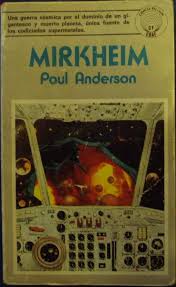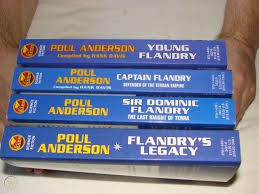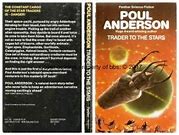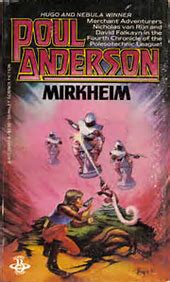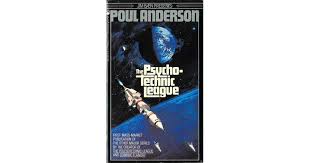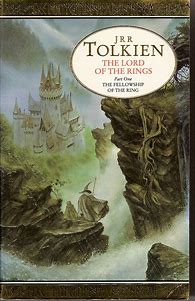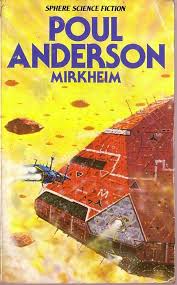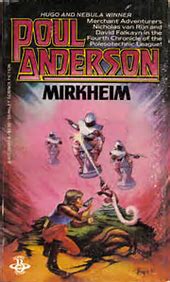There will now be an intermission while I read some books received as presents.
Although Edgar Rice Burroughs (ERB) is rarely referenced in Poul Anderson's works, this blog has had several occasions to refer to him. The following quotation is more generally relevant to all imaginative fiction:
"This collection is respectfully dedicated to the wonderfully restless shade of Edgar Rice Burroughs, who was the first, in my encounters, to put great and ponderous wooden fighting ships in the sky. His were held aloft by the mysterious Eighth Ray of Barsoom, while ours are lifted by artful carpets, but it's the same primal force at work in both cases.
"Thank you, old ghost, for a lifetime of inspiration."
-Bill Willingham IN Bill Willingham and others, Fables: War and Pieces (New York, 2008), p. 4.
Also received:
Sathnam Sanghera, Empireland: How Imperialism Has Shaped Modern Britain (Penguin Books, 2021).
It has. Anderson's Terran Empire harks back to Rome, not to Britain, and will be left with no time to reflect on how its imperialism has shaped it. Anderson commented elsewhere:
"We might glance at Great Britain, too, whose chief patrimony was merely coal, and at how it became affluent but now seems on the way back to genteel poverty."
-Poul Anderson, "The Discovery of the Past" IN Anderson, Past Times (New York, 1984), pp. 182-206 AT p. 195.
(Not always genteel.)
Also:
"...the Irish remember Oliver Cromwell in much the same way that the Jews remember Hitler, and for much the same reason..."
-Anderson, op. cit., p. 201.
An Irish fellow student observed that there is a difference between the kind of old men encountered in Irish bars and those encountered in English bars and he thought that the latter country's imperial past explained the difference. An old man in an Irish bar told me, "The only good thing England did for Ireland was that, if it hadn't been in the way, we'd've had the French or the Spanish over and they'd've been worse!"


